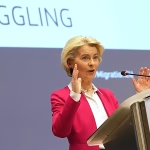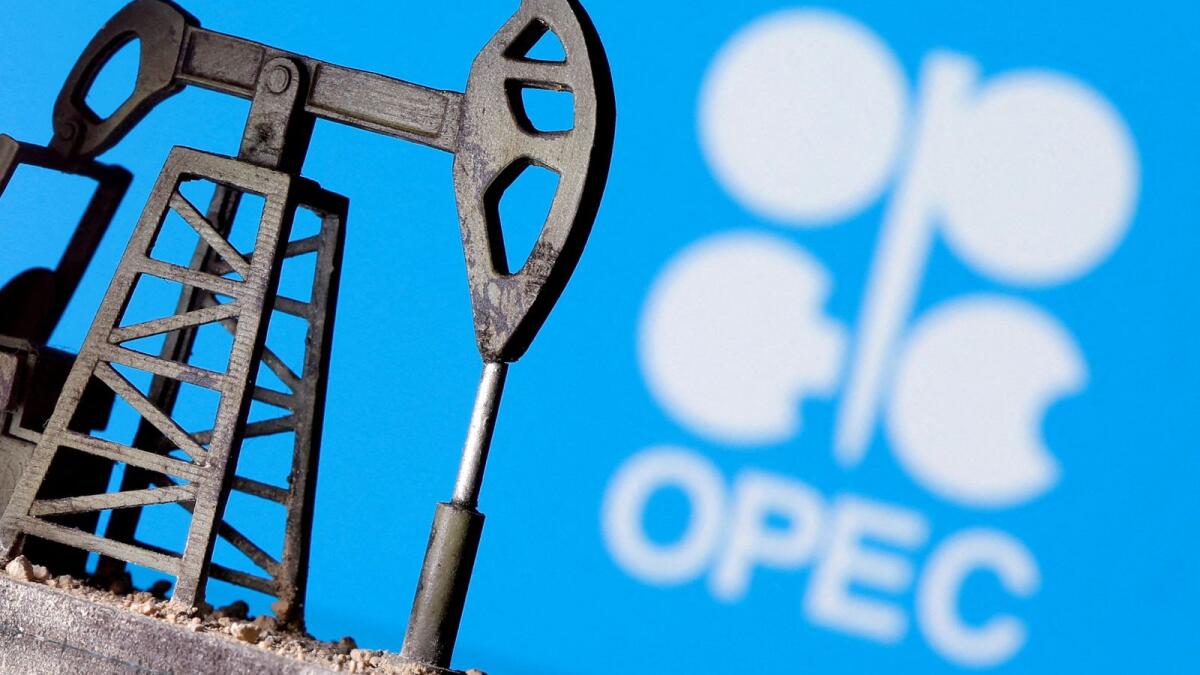The Opec+ ministerial panel is set to meet on Wednesday to discuss oil production policies, with two sources telling Reuters that no changes are expected. The group, consisting of Opec countries and allies led by Russia, will likely begin increasing production gradually starting in December. The meeting will reaffirm the importance of member countries complying with their production targets under the deal.
International oil prices recently fell below $70 a barrel in September but have since risen, with concerns of a possible Middle East conflict driving prices up to over $75 this week. Opec+ has been cutting output by 5.86 million barrels per day, or about 5.7% of global demand, in a series of steps agreed upon since late 2022. The plan includes a 180,000 bpd increase in December as part of the gradual unwinding of voluntary cuts.
Compliance with production targets will be closely monitored, especially for countries like Iraq and Kazakhstan, which have promised compensation cuts to make up for previous over-production. The meeting will focus on whether these cuts were made in September, which will determine if the December increase can proceed. The lack of compliance could lead to Saudi Arabia and other members speeding up the unwinding of their cuts.
The Joint Ministerial Monitoring Committee (JMMC), composed of oil ministers from Saudi Arabia, Russia, and other major producers, typically meets every two months to discuss policy changes. Opec+ has been making efforts to balance the oil market and stabilize prices, with the group’s production decisions having a significant impact on global supply and demand. As tensions rise in the Middle East, the future of oil prices remains uncertain, depending on various geopolitical factors and Opec+ policies.
Overall, the upcoming Opec+ meeting is expected to confirm the group’s commitment to gradually increasing oil production while monitoring compliance with production targets. The decision to unwind voluntary cuts will depend on the adherence of member countries to their obligations. As oil prices remain volatile due to geopolitical tensions and global economic conditions, Opec+ plays a crucial role in balancing supply and demand in the oil market. The outcome of the meeting will provide insight into the future direction of oil production and its impact on prices.









